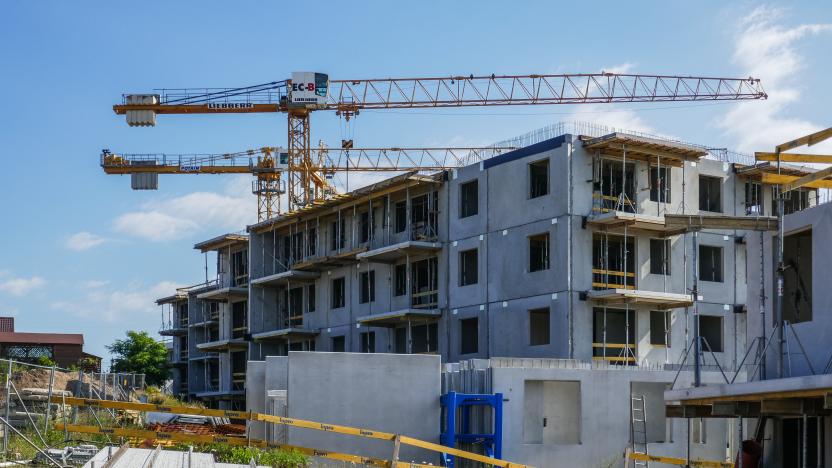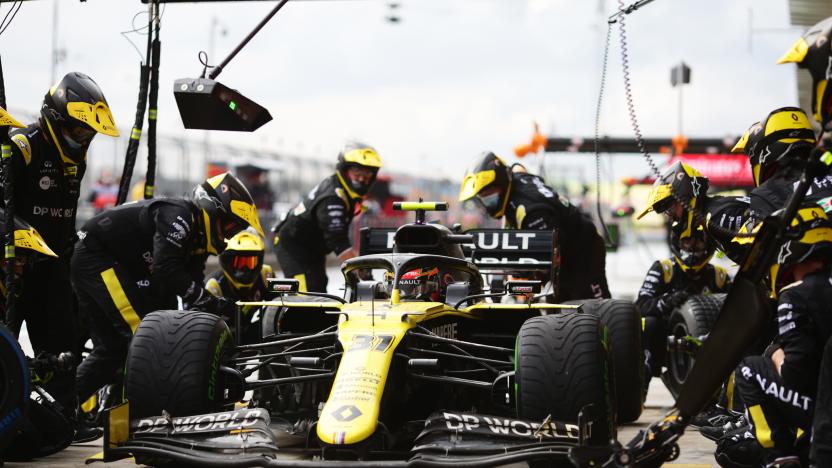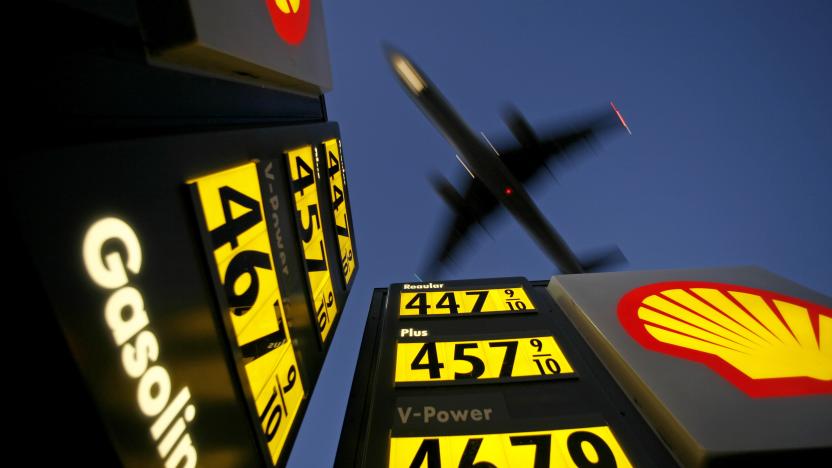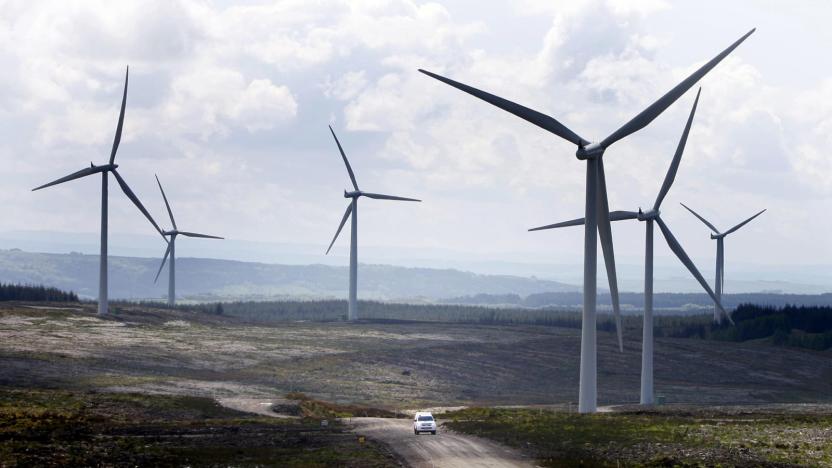net zero
Latest

Biden administration announces first recipients of $7 billion hydrogen hub program
The Biden White House will deliver $7 billion in funding for seven regional “hydrogen hubs” that will work to produce more than three million metric tons of clean hydrogen per year.
Malak Saleh10.13.2023
Brimstone's decarbonized cement passes crucial third-party strength test
Brimstone, a major player in the industrial decarbonization field, just announced that its decarbonized cement has passed a crucial third-party strength test, bringing the dream of net-zero construction one step closer to reality. The company’s proprietary portland cement met the American Society for Testing and Materials (ASTM) C150 standards for building materials, indicating that it can do everything traditionally-made portland cement can do with regard to construction projects.
Lawrence Bonk07.14.2023
Facebook reaches its target of using 100 percent renewable energy
Facebook says it has reached its goal to power its global operations on renewable energy several months ahead of its targets thanks to a large investment in solar and wind energy projects.
Saqib Shah04.15.2021
F1 engine makers are testing sustainable fuel
F1 aims to hit net zero carbon emissions within 10 years.
Kris Holt12.17.2020
Shell aims to be a net zero emissions business by 2050
Shell is the latest oil giant to commit to carbon neutrality.
Rachel England04.16.2020
Scotland will build a massive battery to store excess wind power
UK energy supplier Scottish Power plans to launch a massive battery-storage system to capture renewable power from its 214 wind turbines. The 50 megawatt lithium-ion battery will allow Scottish Power to store energy when wind speeds are high and release it when they're low. According to The Guardian, this is the UK's most ambitious energy storage project to-date, and it will take the UK one step closer to reaching a net zero carbon economy.
Christine Fisher06.10.2019
Inhabitat's Week in Green: ice castles, cardboard columns, and the Geneva Auto Show
Each week our friends at Inhabitat recap the week's most interesting green developments and clean tech news for us -- it's the Week in Green. This week Inhabitat showcased several jaw-dropping feats of architecture, starting with a series of amazingly complex computer-designed cardboard columns that boast between 8 and 16 million facets. We were also struck by a stunning new net-zero Solar Academy in Germany, and we showcased a Swiss chalet that is the world's first apartment building to be heated entirely by solar thermal energy. On the cooler end of the climate spectrum, a Minnesota man has created a series of soaring ice castles using water from his geothermal heating system. The Geneva Auto Show also kicked off with a bang this week as Koenigsegg unveiled its supercharged Agera R racer and SAAB rose from the ashes with a futuristic PhoeniX hybrid. We also heard big news from some of the world's most luxurious automakers as Bentley rolled out a biofuel-powered supercar that can go 200 MPH on ice and Rolls-Royce unveiled their all-electric 102 EX Phantom. Two-wheeled transportation also took a leap forward as Daymak unveiled the world's first wireless electric eBike and Los Angeles approved plans for 1,690 miles of bikeways. We also kept on the cutting edge of consumer tech with a look at the green credentials of Apple's iPad 2, and we brought you researchers' plans for a hot new breed of batteries made from "frozen smoke". Finally, we learned from a recent study that cellphone signals actually boost brain activity, and we shared a fresh new line of iPod nano watch straps just in time for spring.
Inhabitat03.06.2011
GE's Smart Grid aims to cut home energy consumption to zero, promote world peace
Judging by the company's recent infatuation with energy-efficient LED lighting solutions, we're not at all surprised to see General Electric launching a daunting initiative that aims to cut homeowner energy consumption to zero by 2015. The so-called 'Smart Grid' is part of the Net Zero Home Project, which combines solar and wind energy (for on-site power generation) along with specialized appliances that can "communicate with utilities to participate in utility-run demand-response programs." In other words, these intelligent devices can turn themselves down or off when no one's around in order to shave peak-time consumption, and the in-your-face nature of always knowing exactly how much juice you're wasting should also encourage conservation. Of course, we have all ideas that a Smart Grid-certified home will run you quite a bit more than you're willing to pay, but hey, Ma Earth deserves it -- doesn't she?[Via CNET]
Darren Murph07.15.2009